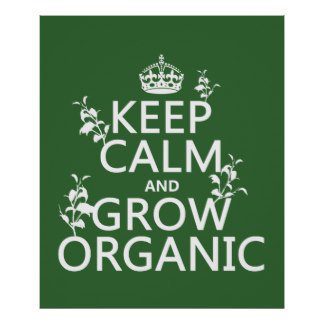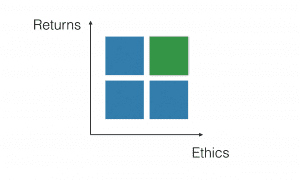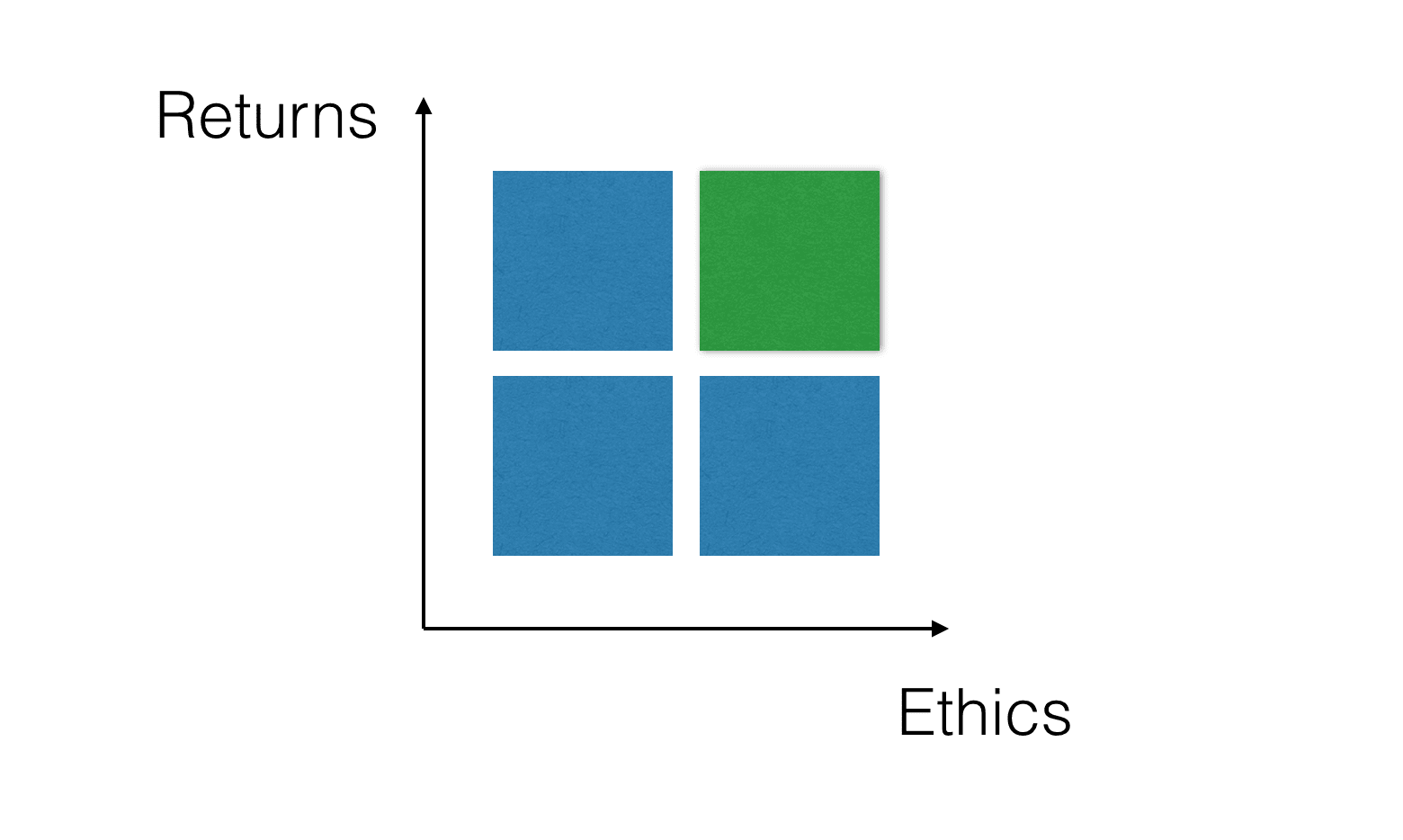
From www.zazzle.com
Are you someone who pays attention to what you eat? Maybe you even consider yourself a “foodie”? When it comes to grocery shopping, I have learned to be significantly more picky over the years. Certain ingredients are forbidden, like hormone-treated meats; and, for a number of items (e.g. milk, apples, eggs…), it has to be organic. Whether or not it actually tastes better is not always proven. Conversely, meanwhile, organic food is not necessarily much more expensive than the non-organic equivalent. In my mind, by buying organic, I’m not only doing my body a favour. I feel that I am helping to support the planet in a small way. However, that’s just speculation at this point.
The values of the brands you consume
Especially among the younger consumers, we also hear about the growing attention to the ethical values of the manufacturer/brand being consumed. If there were two brands who sell nominally the same product, but where one has “good” values, a millennially-minded consumer (i.e. all those who have adopted the mindset, regardless of age) will be more likely to choose the ethically-minded brand. But, this isn’t just a question of the consumer’s position. It’s even more important, I would say, for the employees and future recruits. When it comes to hiring, the ethical filter is applied most keenly by the younger members of the team who deign to carry their ideals on their clothes’ tags. And in today’s increasingly transparent world, having a consistent and de facto set of values, is of strategic importance. Poor values and behaviours can no longer brushed under the carpet.
Money Grows on Trees?
So, for all of you who look to work for or buy goods/services from an ethical company, buy, what about your investment philosophy? When placing your money (i.e. buying stocks or bonds, etc.), it seems that the desire to use the stock market as another vehicle for carrying the ethical flag is not half as strong as the way the fridge is stocked. So, the bottom line seems to come down to an old question: does money grow on trees?
If we might be prepared to consume more ethically and even evaluate our employer ethos, when it comes to investing, it would appear that most people don’t believe that money can grow via or with ”ethics.” Yet, there are now a wide array of funds that are focused on Environment, Social and Governance (ESG), including the more shark-like Goldman Sachs and BlackRock. However, insofar as returns remain as much about picking companies with sound fundamentals and good management, it’s definitely harder to relate stock price performance with the ESG slant.
An Ethical Bank?

An ethical bank? It’s almost an oxymoron in some people’s eyes! Is it possible to be an ethically minded bank and perform competitively with the “regular” banks? An interesting point in case is the Co-op Bank in the UK. If its root go back to the 19th century, it converted to an ethically focused bank in the 1990s. As written in the Wikipedia entry, “The bank markets itself as an ethical bank, and seeks to avoid investing in companies involved in certain elements of the arms trade, fossil fuel extraction, genetic engineering, animal testing and use of sweatshop labour as stated in its ethical policy.” However, it has struggled since the Great Recession to reconcile ethics with performance and has been under unrelenting performance pressure ever since 2009, to the point of being liquidated. The customer deposits are deemed to be safe as bids are being accepted. The losers? The investors.
And, yet, intuition would indeed suggest that having an ethical approach to building a business is bound to attract a more authentic and engaged employee as well as a more conscientious and devoted customer. The emotional link is far stronger.
I continue to believe that being responsible is going to be a key driver of performance in the future. But, clearly for now, connecting returns to ethics is a tenuous link.
What do you think? Are ethics a desirable/necessary approach to building a sustainable business?
Anyone know of any good investment advice they’d like to recommend to this blog?











